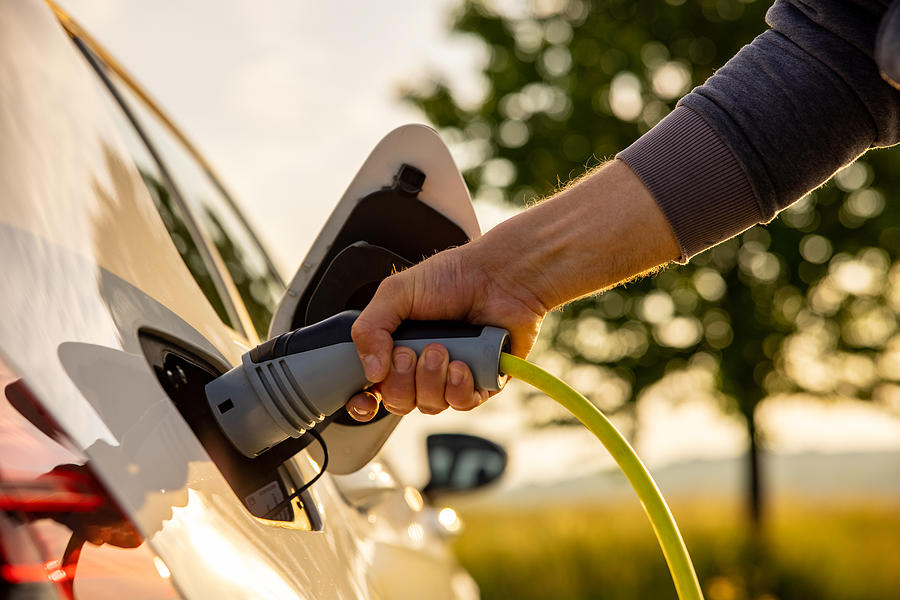
According to provisional data published by the European Environment Agency, the average CO2 emissions of new cars registered in Europe in 2022 reached new lows, down 27% below 2019 levels thanks to the stricter emission targets that have applied since 2020. Vans too have seen a similar downward trend in average CO2 emissions, with 2022 emissions on average 9% below 2019 levels.
In 2022, 9.4 million new passenger cars were registered in the EU, Iceland and Norway. The provisional data shows that their average carbon dioxide (CO2) emissions during laboratory testing were 108.2 g CO2/km, which is 5.2% below the average emissions in 2021 (114.1 g CO2/km – preliminary value) and 27% below 2019 levels.
The main reason for this decrease was the further surge in the number of electric cars registered, reaching a share of 23% of the new car market (19% in 2021), with 13.4% being fully electric.
The average CO2 emissions of the 1 million new vans registered in the EU, Iceland and Norway in 2022 were 185.3 g CO2/km, which is 4.1% below 2021 levels (193.3 g CO2/km – preliminary value) and a 9% improvement compared with 2019. Steady progress was made in the electrification of vans, with the market share of fully electric vans increasing from 3.4% in 2021 to 6% in 2022.
This year-by-year progress in reducing the CO2 emissions of new vehicles is spurred by the stricter targets that have applied since 2020.
The Commission will notify all car and van manufacturers of the provisional calculation of the average specific CO2 emissions of their new cars and vans registered in Europe in 2022.
It is crucial for the emission reductions from these vehicles to continue accelerating to deliver on the targets set out in the revised CO2 emission performance standards for cars and vans, as well as the 2050 climate-neutrality objective of the EU.